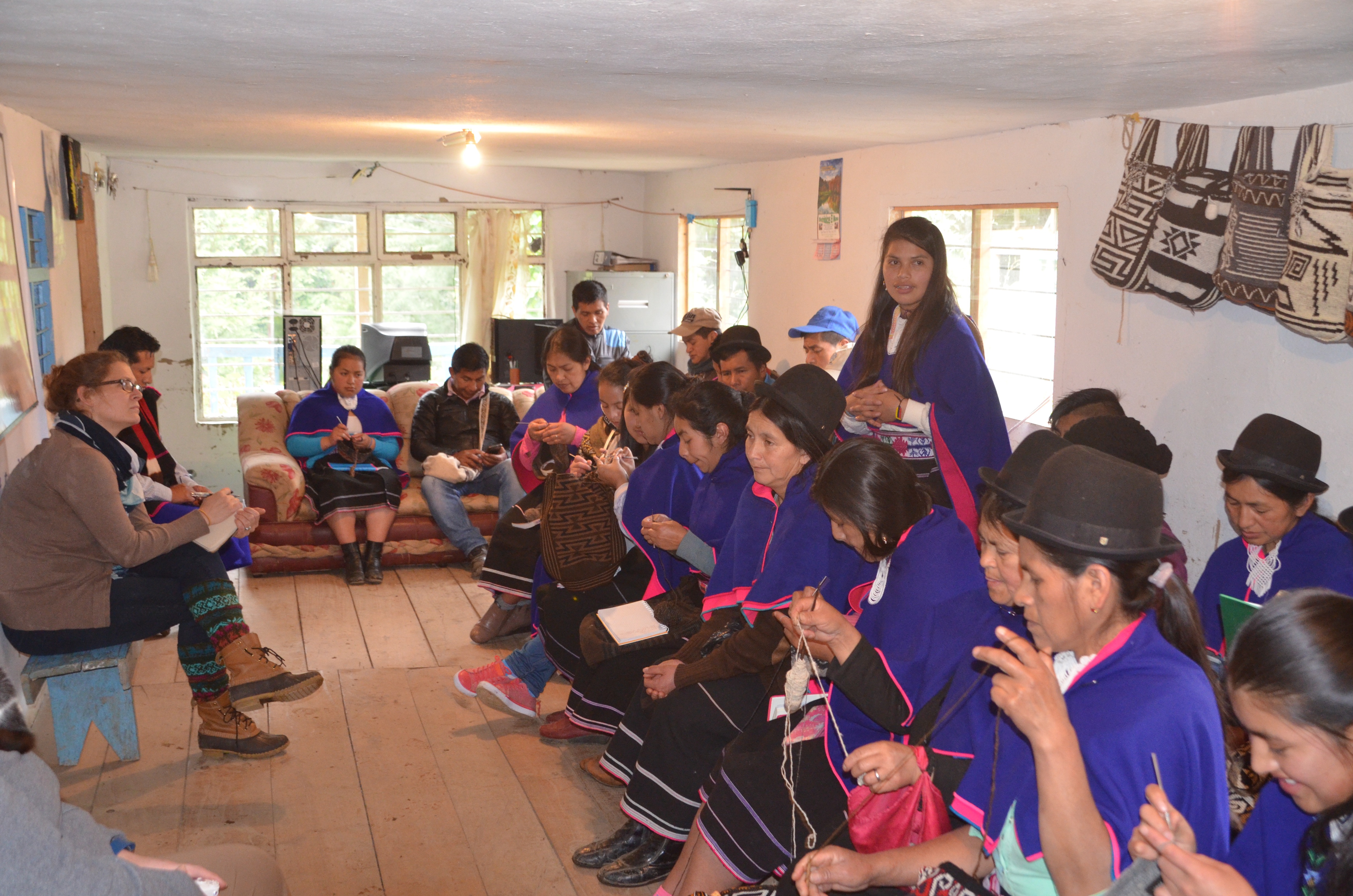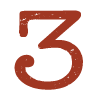Wájaro is collaborating with international and Colombian organizations to gather, organize and make public, accurate, relevant and timely data about Colombia’s indigenous population. More specifically, for as many indigenous groups as possible, Wájaro is working to gather information pertaining to:
1) General tribal demographics.
2) External pressures affecting the community.
3) Religious and spiritual composition.
Continue on to read more about each focus…

Through research and data collection, the Wájaro Foundation is working to broaden and deepen the bank of information regarding Colombia’s indigenous population.




